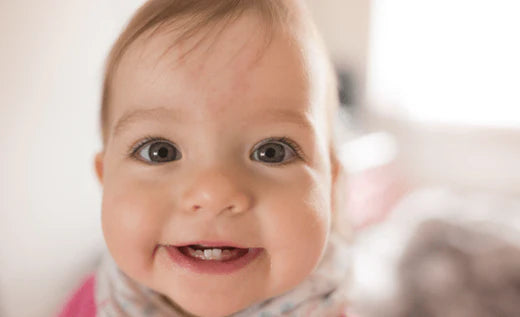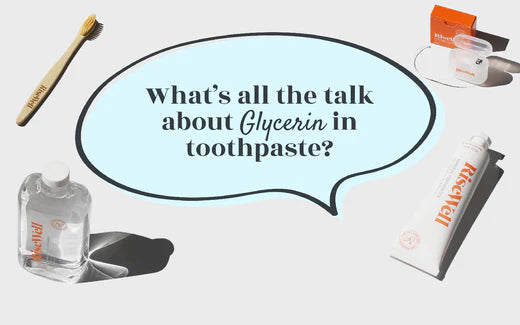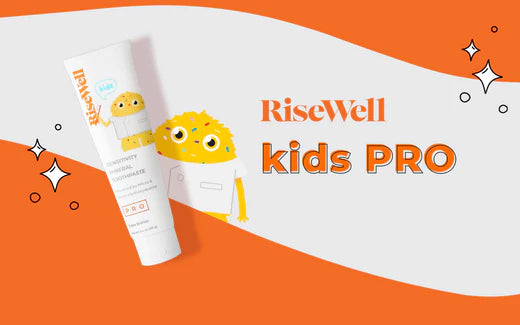
Teething is an exciting and important milestone in your baby’s development—and unfortunately, a potentially uncomfortable experience for your infant, too.
Teeth begin to erupt for the first time around six months of age. The lower and upper front teeth are usually the first ones that you’ll notice in your infant. You’ll see excessive drooling happening, and you’ll probably wonder how such a small baby could drool so much! Your baby may be more irritable, prone to crying without provocation even more than usual. They may start chewing objects around the house more, rivaling the family dog. These are tell-tale signs that they are starting to get teeth, and that’s a good thing!
Change is always uncomfortable, though. To help your baby relieve that discomfort, here are the best dentist-approved methods:
Rub the gums.
After washing your hands, gently rub your finger across your baby’s gums. The light pressure will help ease the pain.
Use chilled teething rings.
Don’t freeze the teething ring as it will make the material too hard—just leave it in the fridge for a couple hours. Your baby will learn to self-soothe with it. Use a teething ring, not a small household object. You don’t want anything that could be a choking hazard.
Don’t—just don’t!—use medications.
Over-the-counter medications like benzocaine or lidocaine may cause more harm than good. The FDA has actually issued a warning against giving benzocaine to babies.
Don’t do it.
Brush with non-fluoride toothpaste and a soft brush.
Keep debris and food off your baby’s gums using a non-fluoride toothpaste like our RiseWell Natural Kids Toothpaste. Do this before bedtime every night. It will also build good habits, getting them acquainted with brushing as a pleasant and normal part of their routine!
Mark your calendar for the first dental checkup.
The first checkup should occur around age one—before the possibility of cavities. The first appointment should be a positive experience, so that your kid builds a good relationship with their pediatric dentist. Learn more about your baby’s first dental appointment with our dedicated guide.
Most importantly, enjoy this time with your baby. As my sister and RiseWell co-founder Kori knows all too well, it goes by way too fast.

















